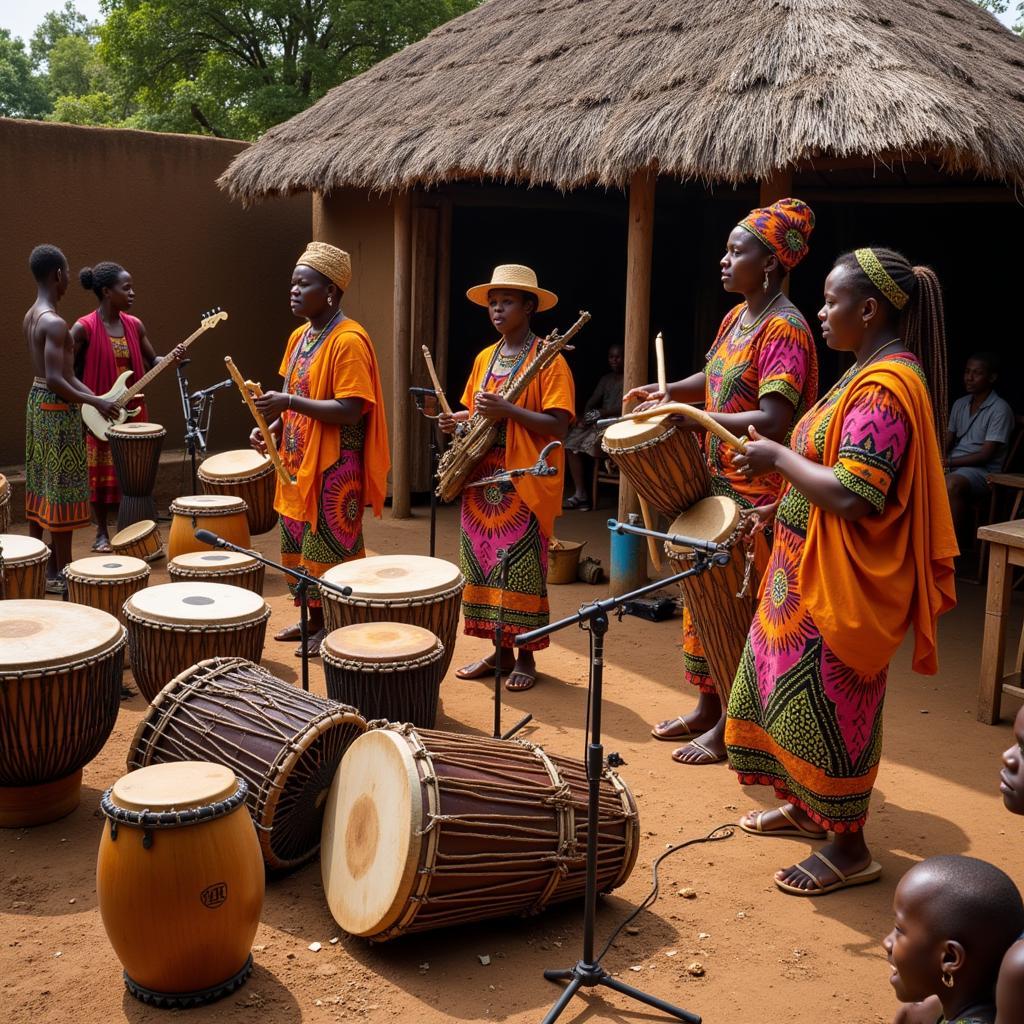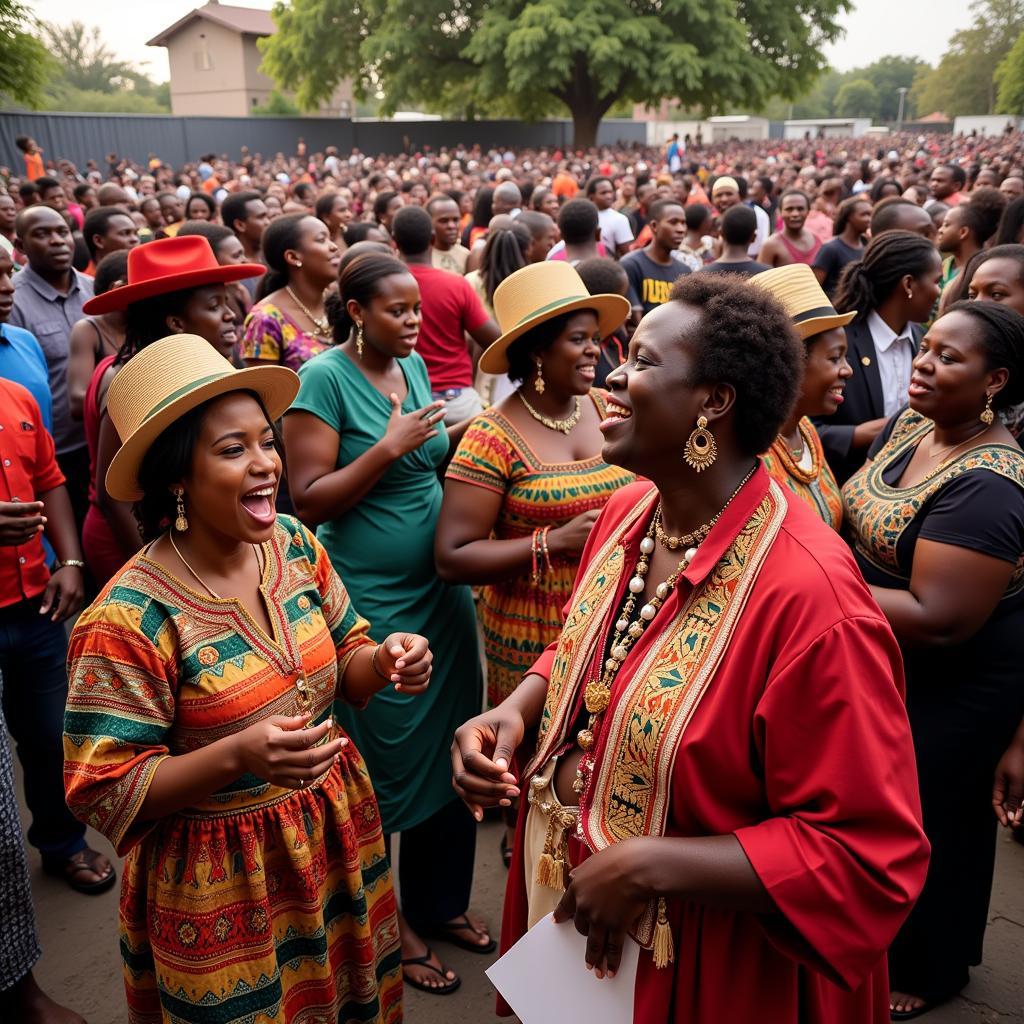Unraveling the South African War: A Complex History
The South African War, also known as the Boer War, was a brutal conflict fought between 1899 and 1902. It pitted the British Empire against two Boer republics, the South African Republic (Transvaal) and the Orange Free State. This period of history was a turning point for Southern Africa, leaving a lasting impact on the region’s political, social, and economic landscape. Let’s delve into the intricate details of this pivotal war.
Causes of the South African War: Gold, Grievances, and Great Power Politics
Several factors contributed to the eruption of the South African War. The discovery of gold in the Transvaal in 1886 sparked a massive influx of British prospectors, known as Uitlanders, who were eager to make their fortunes. The Boer republics, however, were wary of this sudden surge in population and the potential threat it posed to their independence and way of life. They imposed restrictive laws on the Uitlanders, including denying them voting rights and heavy taxation, which fueled resentment and demands for political reform.
This internal tension was further exacerbated by broader geopolitical considerations. The British Empire, driven by its desire to expand its influence in Southern Africa and secure control over the region’s valuable resources, saw the Boer republics as an obstacle to its ambitions. south african openers The British government actively supported the Uitlanders’ cause and used their grievances as a pretext for intervention.
The Role of Cecil Rhodes and British Imperialism
Cecil Rhodes, a powerful British businessman and politician, played a key role in escalating tensions that led to the war. He firmly believed in British supremacy and actively sought to bring the Boer republics under British control. His involvement in the failed Jameson Raid in 1895, a clandestine attempt to overthrow the Transvaal government, further soured relations between the Boers and the British.
The Course of the War: From Conventional Warfare to Guerilla Tactics
The South African War was fought in two distinct phases. The initial phase saw conventional warfare between the British army and the Boer commandos. The Boers, skilled horsemen and marksmen, initially achieved several significant victories against the larger, less mobile British forces. However, the British eventually gained the upper hand through sheer weight of numbers and superior resources.
The second phase of the war transitioned into a protracted guerilla campaign. The Boers, refusing to surrender, adopted guerilla tactics, using their knowledge of the terrain to their advantage. They raided British supply lines, ambushed patrols, and avoided direct confrontations. african american social organizations] This phase of the war proved to be costly and brutal for both sides.
The Aftermath and Legacy of the South African War
The South African War ended with the signing of the Treaty of Vereeniging in 1902, which resulted in the annexation of the Boer republics into the British Empire. The war had a devastating impact on the Boer population, with widespread displacement and suffering, particularly in the concentration camps established by the British.
The war also had significant long-term consequences for South Africa. It paved the way for the formation of the Union of South Africa in 1910, uniting the former Boer republics with the British colonies of Cape and Natal. However, the legacy of the war, including racial segregation and inequality, continued to shape South African society for decades to come. african a videos] Dr. Lindiwe Mazibuko, a prominent South African historian, notes, “The South African War was a pivotal moment in our history. It laid bare the deep divisions in our society and shaped the political landscape for generations.”
Conclusion: The South African War – A Defining Conflict
The South African War was a complex and brutal conflict that had a profound and lasting impact on South Africa and the wider world. It was a war driven by a confluence of factors, including gold, grievances, and the ambitions of a global empire. african animals black and white] The war’s legacy continues to resonate today, reminding us of the importance of understanding history to navigate the complexities of the present. african cricket animal]
FAQ
- What were the main causes of the South African War?
- Who were the key figures involved in the conflict?
- How did the war impact the Boer population?
- What was the significance of the Treaty of Vereeniging?
- How did the South African War contribute to the formation of the Union of South Africa?
- What were the long-term consequences of the war?
- How is the South African War remembered today?
When you need assistance, please contact us via Phone: +255768904061, Email: kaka.mag@gmail.com Or visit us at: Mbarali DC Mawindi, Kangaga, Tanzania. We have a 24/7 customer service team.


